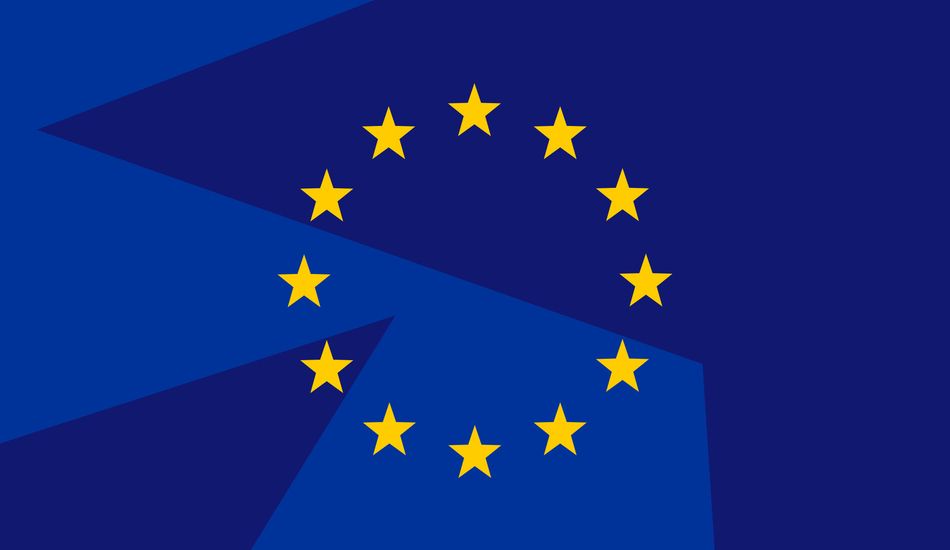
Europe Rethinks Tech Rules: Balancing Growth and Protection
For years, Europe has been the tough cop on the tech regulation beat, setting a high bar for companies worldwide. I always admired that. However, it looks like things are shifting. Under considerable pressure from both industry giants and even the US government, Brussels seems to be easing up on some of its landmark policies, including the famous GDPR.
The European Commission, which is basically the EU's executive branch, is proposing changes that would tweak core parts of the GDPR. What does this mean? Well, it could become easier for companies to share data, even personal datasets that have been anonymized or made pseudonymous.
Think about it: AI companies might be able to use personal data to train their models, provided they still follow other GDPR rules. It's like saying, "You can use this, but be careful!"
What About the AI Act?
Even the AI Act, which came into force recently, isn't immune. The grace period for rules on high-risk AI systems – those that could seriously impact our health, safety, or fundamental rights – is being extended. These rules were supposed to kick in next summer, but now they'll only apply once everyone's sure that companies have the standards and tools they need. It feels like they are buying some time to prepare for a smooth transition.
One thing that might actually make everyone happy is the potential reduction in those annoying cookie banners. You know, the ones that pop up on every website you visit? The proposal suggests that some "non-risk" cookies won't trigger these pop-ups at all, and you'll be able to manage others through your browser settings. I personally think that this is a great idea.
According to Henna Virkkunen, a big shot at the European Commission, the goal is to cut red tape and make it easier for businesses, especially startups, to innovate. It is being done in a way that protects users' fundamental rights.
However, don't expect these changes to happen overnight. The proposal still needs to go through the European Parliament and the EU's member states, which could take months. And if the past is any indication, there's likely to be a lot of debate and lobbying along the way.
Some civil rights groups and politicians are already raising concerns, accusing the Commission of caving to pressure from Big Tech and weakening important safeguards. It's a delicate balancing act between fostering innovation and protecting people's rights.
Why is this happening? Well, Europe is facing growing fears that its strict regulations are hindering its ability to compete globally. The AI race, for example, is largely dominated by US and Chinese companies. It seems like Europe is trying to find a way to stay in the game without sacrificing its values. It's a developing situation, and I'll be keeping a close eye on how it unfolds.
Source: The Verge